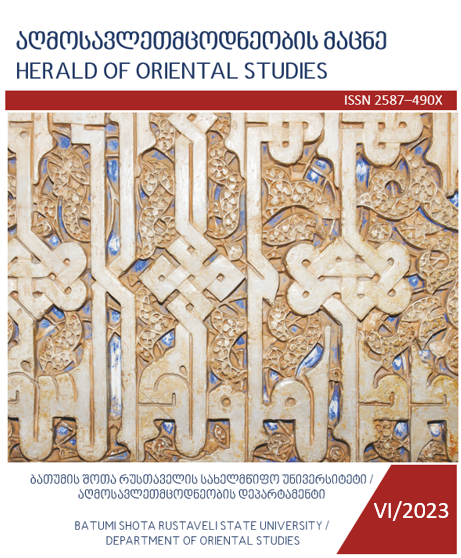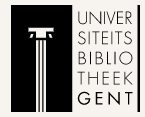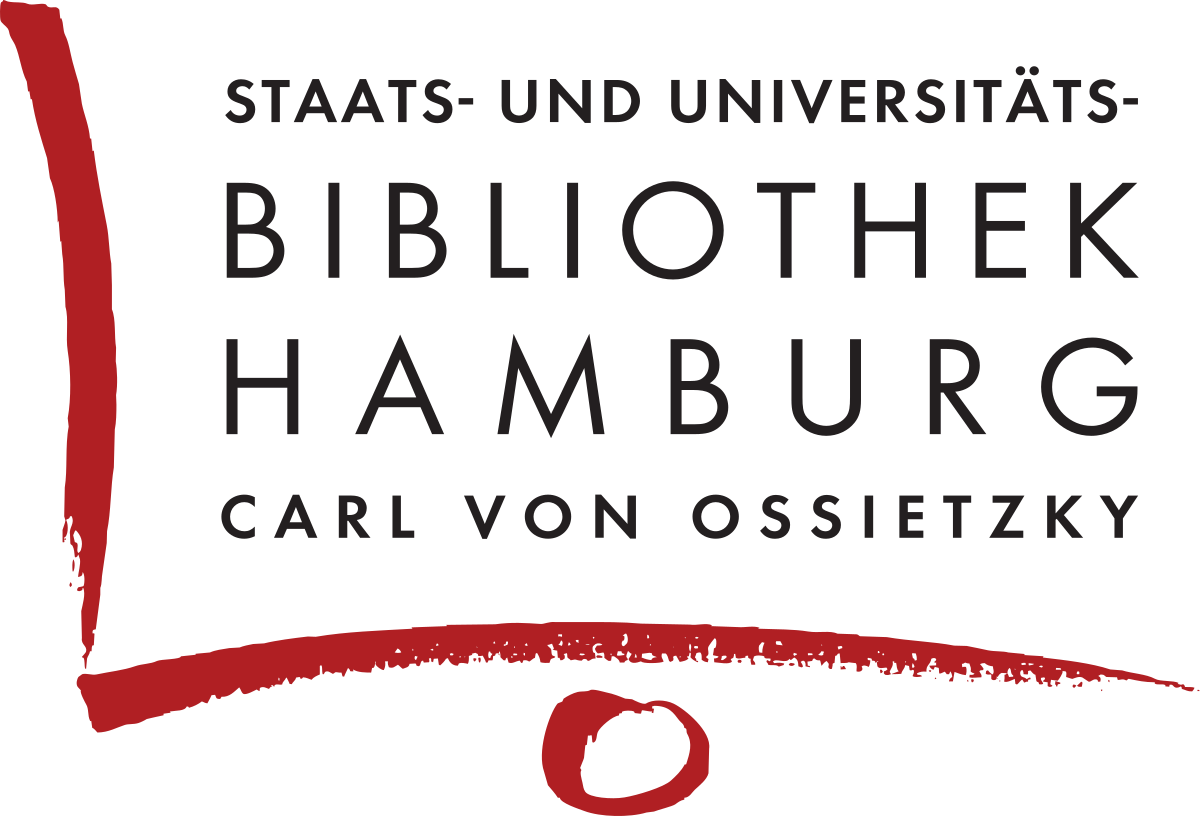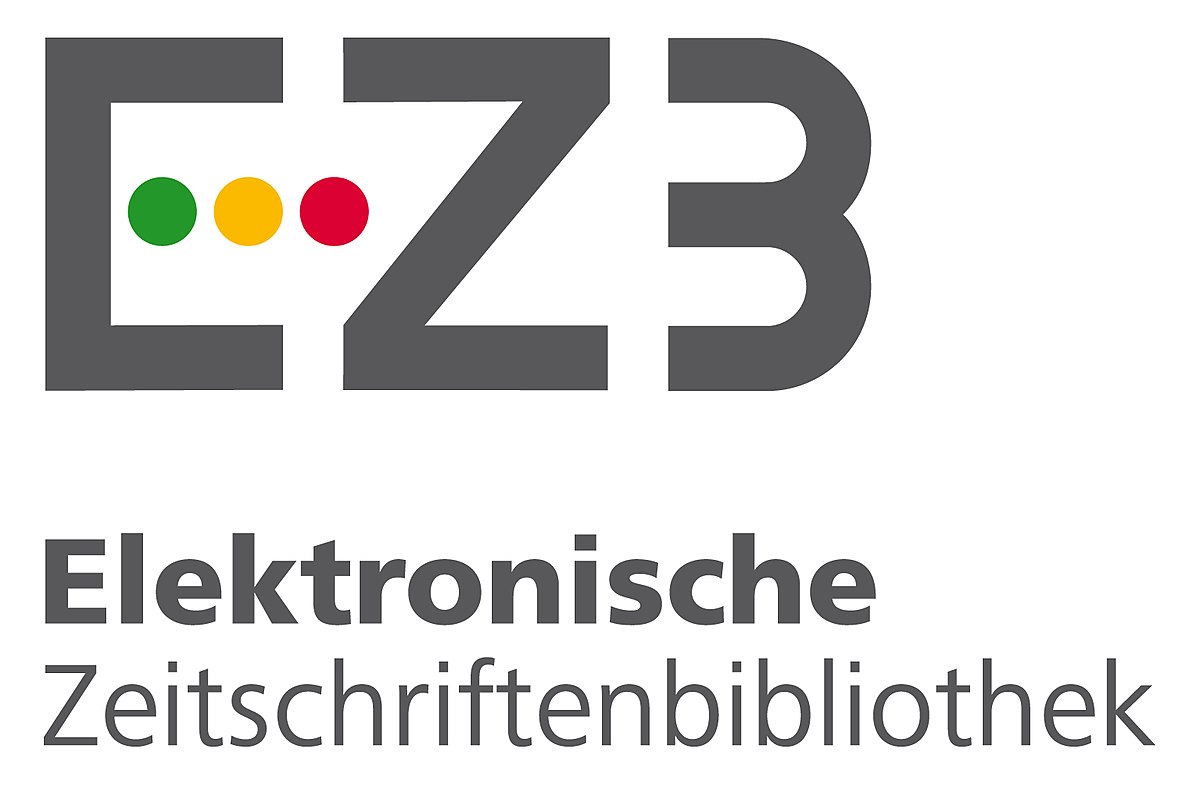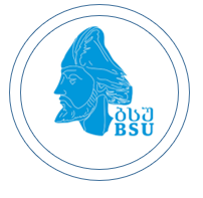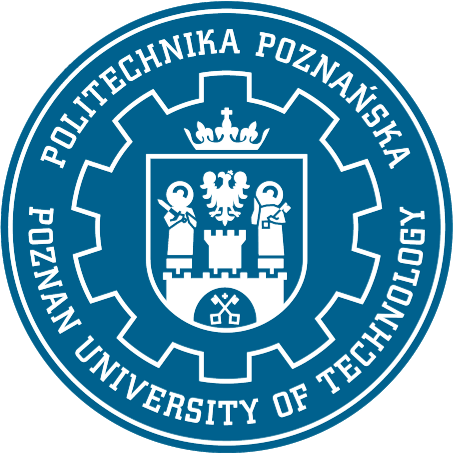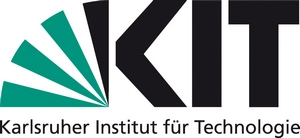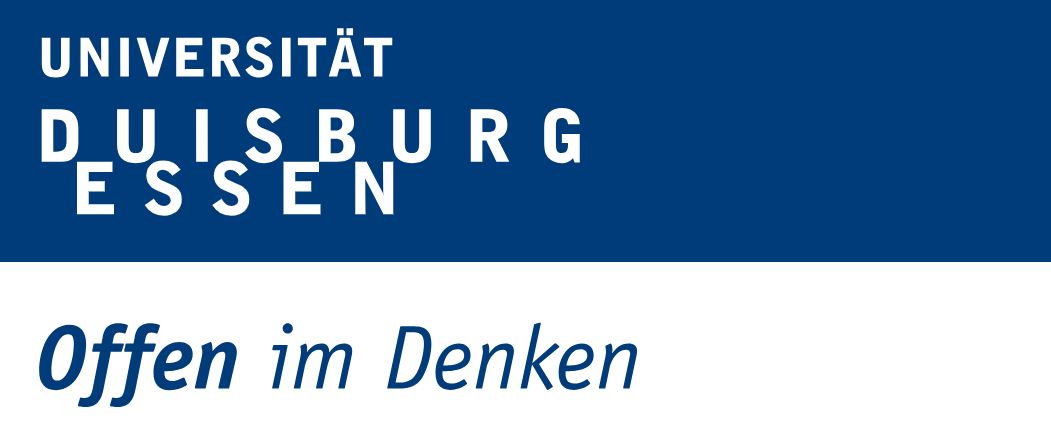UNESCO Atlas of Endangered Languages and analysis of the speech of Adjara border villages
DOI:
https://doi.org/10.61671/hos.6.2023.7365Keywords:
Speech, Dialect, Border, Language, EndangeredAbstract
In the presented work, we offer an analysis of the endangered speech of Georgia-Turkey border villages of Adjara, more precisely,
lexical signs, which mainly cover the mountainous area of Upper Adjara (Keda, Shuakhevi districts and partially Khelvachauri). There is also a discussion about the definition of language vitality assessment system and criteria, and the necessity of documenting languages and developing a new language policy is emphasized. It is worth noting that the research covers the data collected during the fieldwork of the project LaDyCa (Language dynamics in the Caucasus), as well as existing sources and scientific studies developed by the research center of Batumi Shota Rustaveli State University (BSU).
We show that this sector of the Georgian diasystem, still understudied, is rich in linguistic facts and can be defined as a window to the processes of cultural acculturation. The research will also include a brief overview of the Georgian dialect preserved in the Turkish villages near the border of the Adjara region.
Downloads
Downloads
Published
How to Cite
Issue
Section
License

This work is licensed under a Creative Commons Attribution-ShareAlike 4.0 International License.

